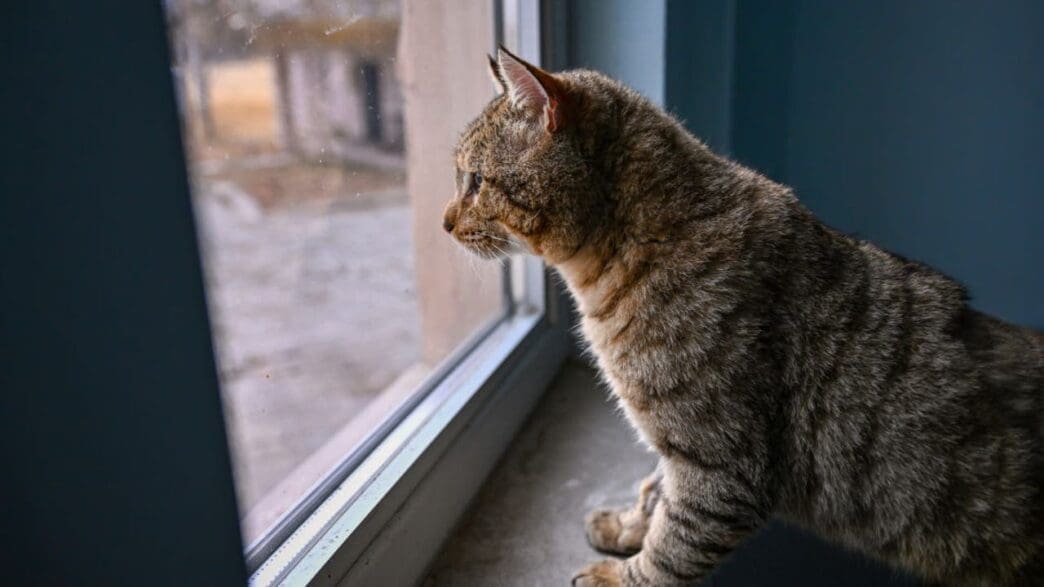A concerning development in Oregon has thrust the issue of bird flu in household pets into the spotlight. The death of a cat linked to contaminated pet food has heightened fears about the spread of the virus among pets, a situation exacerbated by its ongoing impact on livestock.
Dr. Peter Chin-Hong, an infectious disease expert, underscores the seriousness of bird flu’s spread in California, although he assures that the risk to the general public remains low. However, the situation has intensified following a cat’s death in Oregon, traced back to frozen raw turkey pet food, part of a wider bird flu outbreak affecting dairy cattle and livestock since March.
Veterinarians are cautioning pet owners to watch for signs of bird flu in cats, including loss of appetite, lethargy, fever, inflamed eyes, and breathing difficulties. Instances of tremors or seizures also call for immediate attention, highlighting the necessity for vigilance.
Dr. Michael Q. Bailey from the American Veterinary Medical Association advises pet owners to take proactive measures: keeping cats indoors, avoiding raw meat in pet diets, and steering clear of unpasteurized dairy products. Such steps are critical to safeguarding pets during this outbreak.
The food recall by Northwest Naturals has been pivotal. Their 2-pound Feline Turkey Recipe raw frozen pet food was found to contain the H5N1 strain responsible for the Oregon cat’s illness. The recall affects products sold in multiple U.S. states and British Columbia, Canada. This strain is the same strain implicated in widespread infections among dairy herds.
Bird flu infections in humans are also drawing attention, with more than 60 cases reported across the U.S. since March. This includes an alarming development in Louisiana, where the first severe human case was recorded after contact with backyard birds. In California, the virus has afflicted 865 dairy herds, pushing the state to declare a state of emergency on December 19, 2024.
With the virus’s impact spanning both pets and livestock, vigilance remains essential. Protective measures and awareness can help mitigate risks for household pets during this outbreak, safeguarding their well-being.
Source: Fox13news





